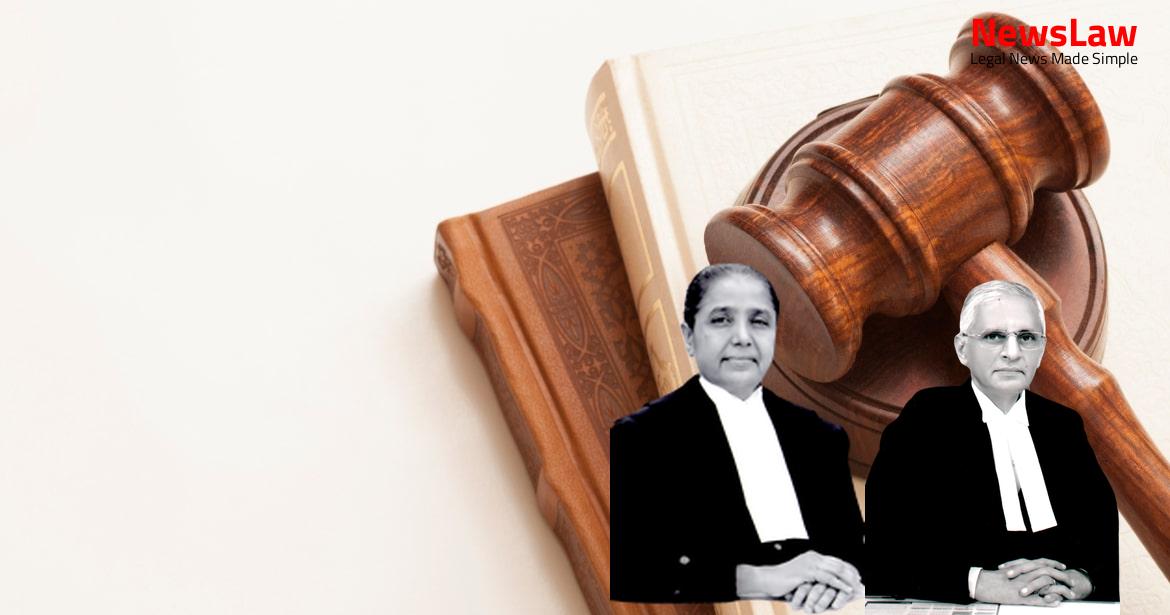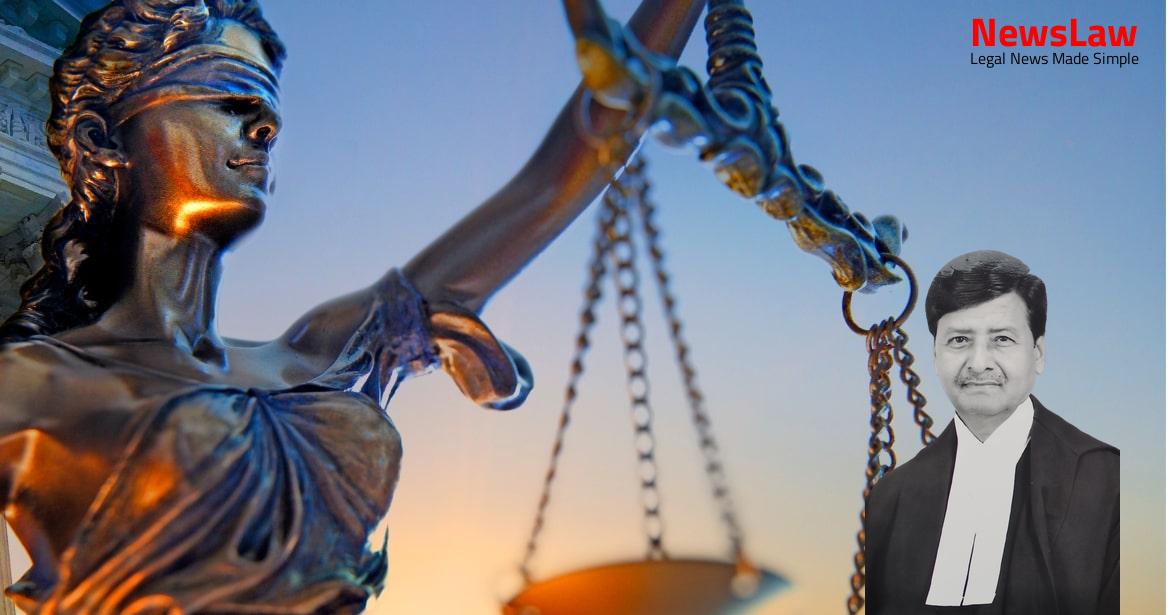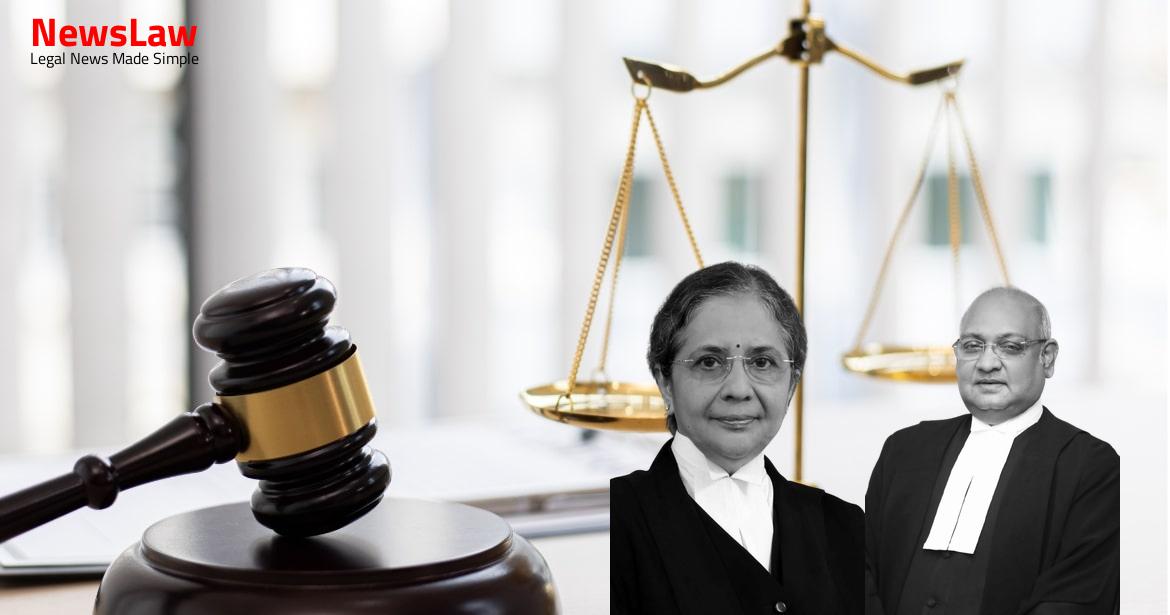In a recent judgement by the Supreme Court of India, the case of Yuvraj Sawant Patil v. State of India was examined. The Supreme Court dismissed the special leave petition and upheld the High Court’s decision to grant bail to Yuvraj Sawant Patil based on the sequence of events in the case. The detailed order by the High Court provided insights into the decision to grant bail, considering the circumstances of the case. Let’s delve into the specifics of this significant judgement.
Facts
- Complaint lodged against Sunita Tupsaundarya, Ramesh Chavan, Jitendra Gadia, and Yuvraj Sawant Patil in 2014.
- Cheques of Rs. 10 lakhs and Rs. 15 lakhs received by the complainant were dishonored, resulting in a loss of Rs. 26.50 lakhs.
- Further payments made to Jitendra Gadia were not fulfilled as per the false assurances given.
- Complainant paid Rs. 3 lakhs to Vijaynath Pal and received possession letter of the premises from Jitendra Gadia.
- Petitioners aggrieved by the grant of bail in the case registered under various IPC sections in 2014.
Also Read: Solapur Municipal Corporation vs. Majarewadi Gram Panchayat Employees
Arguments
- High Court exercised discretion to grant bail to Yuvraj Sandeepan Sawant based on complaint discrepancies.
- Petitioner argues that Yuvraj Sandeepan Sawant is not the same as Yuvraj Patil Sawant named in the complaint.
- High Court considered nature of complaint and bail granted to other accused, hence bail was given to Yuvraj Sandeepan Sawant.
- Petitioner cites a case where High Court was criticized for granting bail without considering all relevant facts.
- The allegations against the Respondent are serious in nature.
- The present custody is prior to trial, not after conviction.
- Bail cannot be denied solely based on allegations, especially in cases prior to trial.
- The seriousness of allegations must be considered but keeping it in perspective is essential.
Analysis
- The High Court granted bail to Original Name based on the sequence of events and the bail granted to other co-accused.
- The detailed order by the High Court was available, even if uploaded later, indicating the date of conclusion for bail.
- Original Name’s arrest in December 2018 did not involve evasion, and he remained in custody till bail grant.
- Any allegations will be examined during the trial, and no bail condition violations have occurred post-release.
- The investigating agencies did not arrest Original Name earlier, which cannot be held against him for bail denial.
- Considering that the charge sheet was filed and other co-accused have bail, the High Court deemed it fit to grant bail to Original Name.
- The High Court’s exercise of discretion in the instant case was not erroneous based on the reasons provided.
- The accused in the case under consideration was a habitual offender with a history of previous convictions and criminal cases.
- The accused was a category-A history sheeter due to his persistent criminal antecedents.
- The accused was charged with facilitating the murder of a witness in a case where he was being tried.
- Each bail application must be weighed on its own merits considering the principles for grant of bail and the specific facts of the case.
Also Read: Jagdishchandra v. Joint Charity Commissioner & Ors.
Decision
- The special leave petition is dismissed as it lacks merits.
- There is no reason to interfere with the order dated 13.02.2019.
Case Title: KETAN SURESH PAWAR Vs. YUVRAJ SANDEEPAN SAWANT
Case Number: SLP(Crl) No.-004158 / 2019



